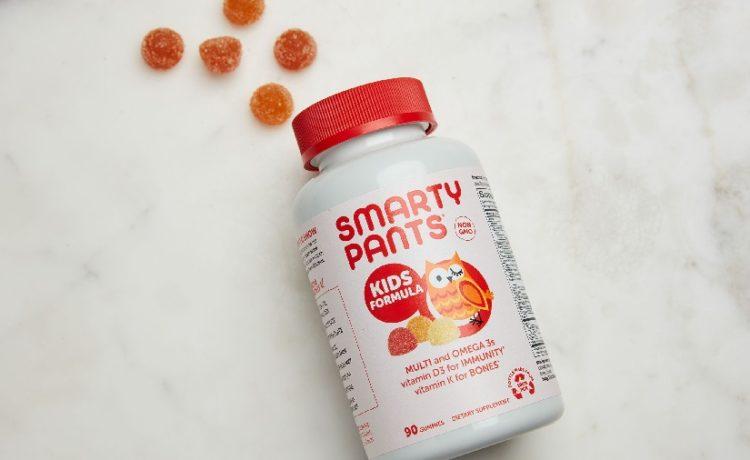Health supplements in the old days usually existed in tablets, pills, capsules and syrup. Nowadays we are seeing more products in fun forms of jelly shots, flavoured drinks and chewable gummies. Reasons being are these forms of supplements is made to entice younger generation especially children to take the supplements on their own will and of course makes things easier for parents to make sure their child received the nutrients needed. Sugar free tablets may be more suitable for all ages of people compared to chewable gummies.
Did you realise how sweet those gummies such as the vitamin C gummies can be? You may also realise that these gummies can be covered in fine dusted sugar. Why do these manufacturers put sugar on vitamin C gummies? Easy, to make it more appealing to children. Gummies are often marketed towards kids and the reason being is because they do taste good, thanks to the added sugar. Vitamin C itself primarily has its own distinctive sour taste. This leads to manufacturers adding sugar to help improve the taste so that the children would like it better and not be bothered by the sour sensation.
Truthfully, adding sugar to the vitamin C itself may actually cause the vitamin C being absorbed in the body to become less effective. Basically, you are already wasting money if you are hoping to get all the vitamin C offered. This is because the vitamin C itself might only just be used to counter the existing sugar in the gummies when it is inside the body. The existing sugar will be just another free radical and because vitamin C is an antioxidant, it is its job to neutralise this. Eventually, the body is only able to absorb a small amount of vitamin C and obviously will not be as much as recommended by healthcare professionals.
Gummies in general are made with corn syrup and sugar to give it the chewy texture with a sweet taste. Some vitamin gummies are also made with sugar alcohol like erythritol, mannitol or sorbitol in an attempt to avoid the traditional sugar but honestly this can increase risk of diarrhoea in some people. Other sugars such as isomalt and other sweeteners are common to see in a gummy. Although some gummies might replace these sweeteners with citric acid to give off the sweet taste, this may lead to an increase in tooth problems as citric acid damages the enamel which is essential for teeth.
Aside from sugars and artificial sweeteners, gummies are often loaded with food dyes or fillers to make it more appealing. These added ingredients do not bring any benefits to its consumer and merely just for visual pleasure. Another setback of a gummy is the dosage of vitamin C may be unreliable. By the time you chew the gummy, the vitamin C content might have already lost due to its unstable forms that does not guarantee its content is preserved. This is different to pill or capsules as the dosage is usually fixed, much more stable and when taken as a whole will definitely provide the full dosage of the vitamin C contained.
Thus, is it worth jeopardising your health or your child’s health over these gummies? I would say not. You may want to opt for chewable tablets instead if you are keen on enjoying it by chewing. Try to pick ones that are sugar free or sweetened with natural sources of sugar such as fruit sugars. Remember to always read the label to make sure you are getting the right supplements which works best for you and not to follow health trends just because everyone else is doing so.







